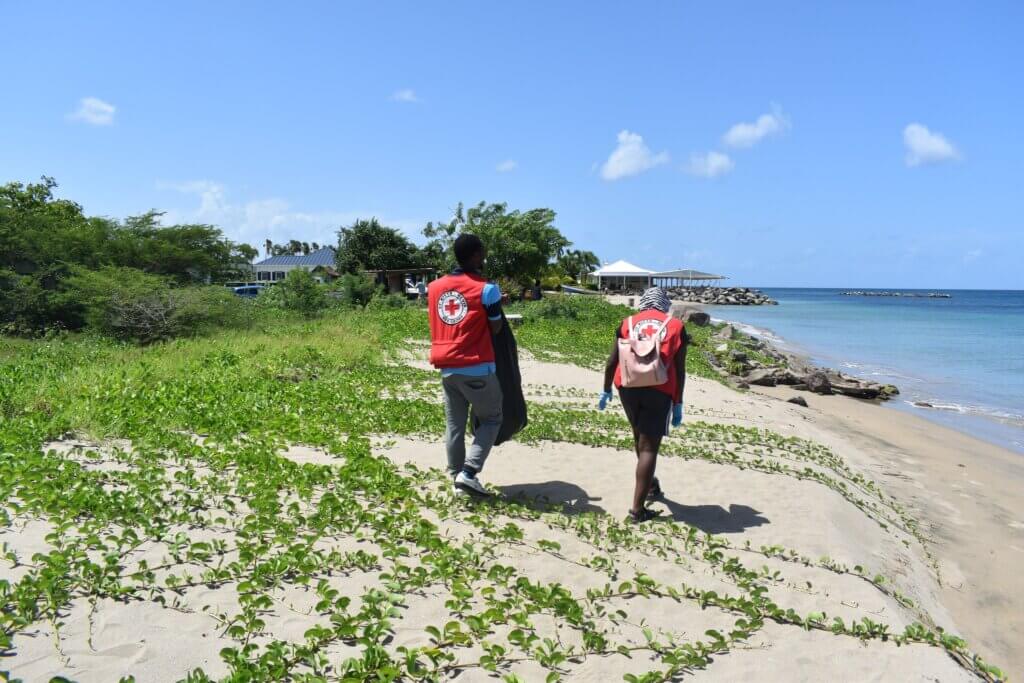Joining forces, the French Red Cross’ Regional Intervention Platform for the Americas and the Caribbean (PIRAC) and the Netherlands Red Cross’ data and digital team, 510, conducted a comprehensive feasibility study exploring the potential for a sub-regional anticipatory action mechanism for hurricanes in the Eastern Caribbean. Focusing on Antigua and Barbuda, Dominica, and Saint Kitts and Nevis, the study assesses how early warning systems, pre-agreed actions, and pre-arranged financing can be coordinated across borders to protect vulnerable communities before disasters strike.
The study reveals that while National Red Cross Societies in all three countries possess strong local networks and disaster response experience, formal anticipatory action frameworks are still emerging. Supported by regional institutions such as the Caribbean Disaster Emergency Management Agency (CDEMA) and the Caribbean Institute for Meteorology and Hydrology (CIMH), and leveraging forecasts from the U.S. National Hurricane Center (NHC), the study proposes a shared Early Action Protocol model with country-specific annexes.
By pooling expertise, harmonizing triggers, and coordinating actions regionally, this sub-regional approach offers a scalable and context-sensitive solution to reduce the human and economic toll of hurricanes. The feasibility study was developed in collaboration with PIRAC, national disaster offices, meteorological agencies, and humanitarian partners, and funded by the EU’s Horizon Europe programme under the PARATUS project. PIRAC’s portion of this project has been supported by the French Development Agency (AFD) through the 3 Oceans project and the CMA CGM Foundation.
